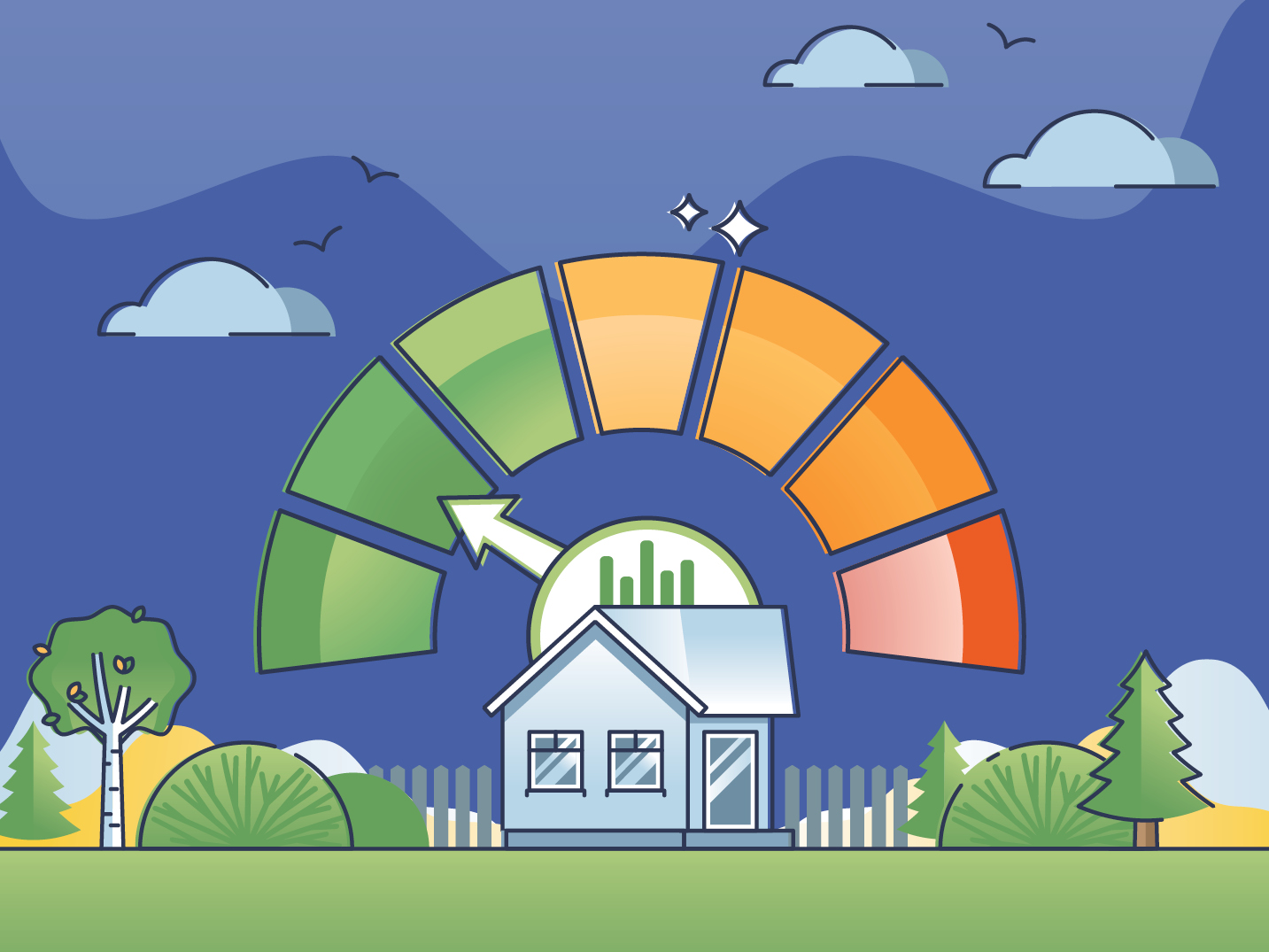Reducing energy bills: Promoting clean and energy-efficient solutions for households
The Clean energy for all Europeans package and the European Green Deal place consumers at the centre of EU’s energy policy, calling to inform, involve and support them take an active part in the clean energy transition, while addressing the risk of energy poverty. Buildings are responsible for about 40 % of the EU’s total energy consumption, and heating and cooling is responsible for 80 % of energy use in residential buildings. Amid the global energy market disruption caused by Russia’s invasion of Ukraine in 2022, the need to save energy, also in households, is more urgent than ever. The European Commission’s REPowerEU Plan, later reinforced by the “Save gas for a safe winter” plan, stressed the importance of reducing households’ energy consumption. Both initiatives present opportunities for households to save energy, while urging all Member States to launch awareness campaigns and implement the EU Save Energy communication, which contains options for short-term energy savings.
Support for households
The Horizon 2020 Energy Efficiency programme (2014-2020) and its successor, the LIFE Clean Energy Transition programme (2021-2027), provide funding for a wide range of activities towards an energy-efficient, renewable energy-based, climate-neutral and resilient economy. This Results Pack on Reducing Energy Bills highlights seven EU-funded projects that help citizens lower their energy consumption and their bills by shifting to more efficient and sustainable choices. These include replacing old and inefficient appliances with more efficient ones, getting involved in collective purchase schemes and community energy actions, and supporting vulnerable households challenged by energy poverty. Consumers, however, are not the only focus. Replacing outdated heating and cooling appliances with more efficient and greener alternatives will significantly reduce energy consumption, CO2 emissions and consumer expenses. For this reason, the projects also engage on one hand with appliance manufacturers and retailers, to help them comply with EU energy labelling rules, and on the other with installers to ensure they are aware of the most efficient and sustainable options and can correctly convey this information to their customers.
Seven projects contributing to lower energy bills.
The REPLACE project offers to residents, tools to identify more efficient, renewables-based alternatives for upgrading their old heating systems. While energy labels enable consumers to understand how energy-efficient a new appliance is, labels and tools developed by the HARP project show how energy-inefficient their current space or water heater is. The HACKS project, meanwhile, seeks to transform the heating and cooling appliances market by streamlining searches for the most energy-efficient products, compiling easily accessible information for further comparisons. Rescaled EU energy labels are expected to bring about further energy savings at home. New interactive tools developed by the LABEL 2020 project provide guidance to manufacturers, retailers and consumers on the newly rescaled A-G energy efficiency scale. The BELT project helped consumers identify the most energy efficient household products in order to cut their energy bills and reduce their carbon footprint. Consumers hold the key to EU's energy transition, making efforts to increase consumer support is more important than ever. The EU-funded CLEAR-X project helps consumers improve the energy performance and comfort of their homes, benefitting from collective purchases of renewable and energy-efficient technology. Heat pumps save energy and money and reduce emissions. Nearly 17 million heat pumps were installed in Europe by the end of 2021 because of the growing demand for energy-efficient technologies and the increasing awareness about environmental issues. The EU-funded HP4All project is working to improve consumers’ knowledge of heat pumps so that they can invest wisely in them.



